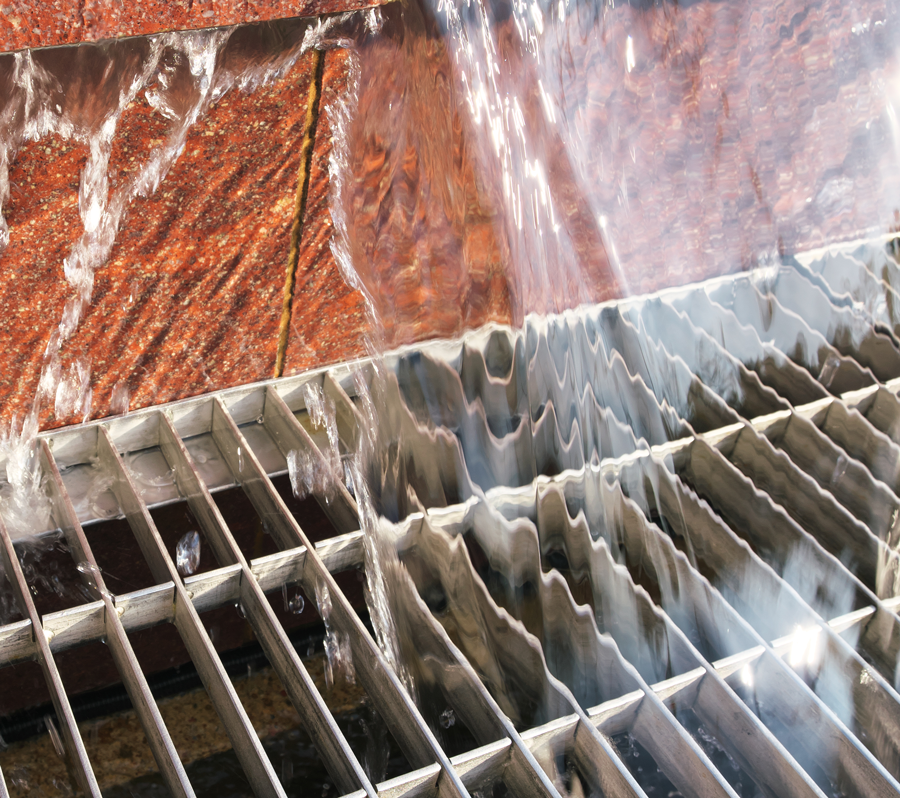Discover the D4RUNOFF publications, games and dissemination materials.
Please contact us if you would like more information about the project or are looking for a specific resource about D4RUNOFF.

D4RUNOFF GAMES
Cards game – Under development
Please contact us if you would like more information about the project or are looking for a specific resource about D4RUNOFF.

Cards game – Under development